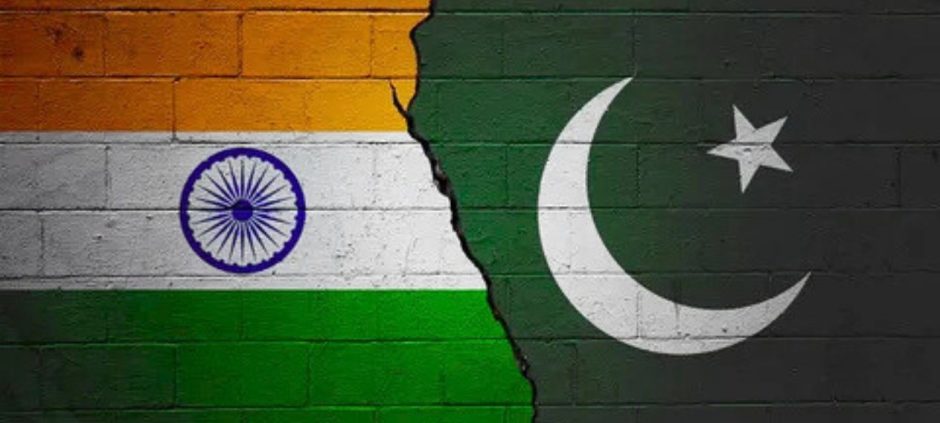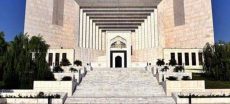A rare moment may unfold as Pakistani and Indian leaders address the UNGA on the same day, drawing global attention. Independence, sovereignty, and diplomacy often shape the stage at the United Nations General Assembly (UNGA).
This year, the possibility that Pakistani and Indian leaders may address the UNGA on the same day has already sparked curiosity among observers worldwide. The scenario would bring two nuclear-armed neighbors, often at odds politically, to share the same global platform in a unique diplomatic setting.
Pakistani, Indian leaders may address the UNGA on the same day
Diplomatic circles note that both Pakistan and India traditionally use their speeches at the UNGA to highlight issues central to their foreign policy. For Pakistan, the focus often rests on Kashmir, regional peace, and global cooperation. For India, themes usually include terrorism, economic growth, and its expanding role in world affairs. Having both leaders present their cases on the same day could make headlines and intensify regional narratives.
Analysts suggest that this alignment, whether coincidental or deliberate, will be closely watched not only by South Asia but also by the wider international community. It reflects how global forums like the UNGA can amplify rival positions, while also offering an opportunity for shared visibility.
The possibility comes amid ongoing tensions and occasional diplomatic stand-offs. Just last year, Pakistan walked out of the UNGA session when Israeli Prime Minister Netanyahu spoke after Shehbaz Sharif. That incident underlined how sensitive and symbolic these international addresses can be.
Observers believe the presence of Pakistani and Indian leaders on the same day at the UNGA could either deepen divisions or subtly highlight the need for dialogue. While formal bilateral talks are not on the agenda, the symbolic weight of parallel addresses cannot be ignored.
For citizens in both countries, the UNGA has always been a stage where leaders present national stances with pride and determination. Whether it is about calling for justice in global disputes or showcasing development milestones, these speeches are carefully crafted to reflect national priorities.
The global community, too, watches with interest. The United Nations serves as a forum where world leaders listen, respond, and often draw contrasts. If Pakistani and Indian leaders do address the UNGA on the same day, it will be another reminder of how diplomacy plays out in both symbolic and substantive ways.
As preparations continue, diplomats and analysts are already speculating about the potential narratives. Regardless of the outcome, the speeches will remain a defining moment in the UNGA sessions and in the evolving story of South Asian diplomacy.











